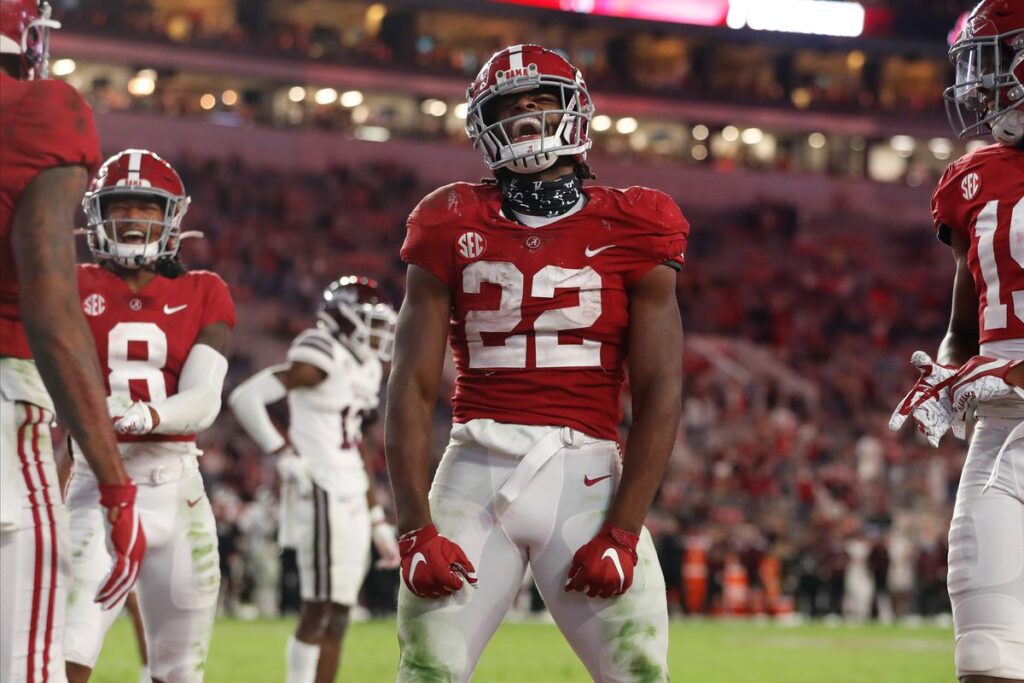
Ranking college quarterbacks from different eras is a challenging task that becomes increasingly complex with each passing season. Throughout the 2000s, the landscape of college football saw a significant evolution in quarterback play, with notable players making their mark on the game.
During this period, quarterbacks like Brad Smith from Missouri, Denard Robinson from Michigan, and Lamar Jackson from Louisville showcased their dual-threat abilities, posting impressive passing and rushing statistics. This trend continued with players like Deshaun Watson from Clemson and Kyler Murray from Oklahoma, who elevated the quarterback position with their dynamic performances on the field.
In more recent years, quarterbacks like Jayden Daniels from LSU have continued to push the boundaries, almost matching the statistical achievements of their predecessors in significantly fewer games. Additionally, the passing game saw a dramatic increase in production, with quarterbacks regularly surpassing the 4,700-yard mark in a season.
The evolution of quarterback play can be attributed to various factors, including changes in offensive schemes and the development of individual talent. Quarterbacks like Michael Vick from Virginia Tech, Drew Brees from Purdue, and the influence of the Mike Leach offense in the late 1990s laid the groundwork for the explosive passing attacks seen in the 2000s.
As we reflect on the best quarterbacks of the century, the task becomes increasingly challenging due to the diverse range of talent and styles of play. Questions arise regarding the comparison of individual seasons versus consistent excellence over multiple years, as well as the impact of supporting casts on a quarterback’s success.
For example, the debate between one exceptional season versus several years of steady brilliance arises when comparing players like Jayden Daniels and Kellen Moore. Similarly, determining the better quarterback for a team like Alabama, whether it be Tua Tagovailoa or Bryce Young, presents a challenge given their respective accomplishments.
Furthermore, the emergence of players like Caleb Williams adds another layer to the discussion, with his outstanding junior year raising questions about the significance of previous performances. Additionally, players like Stetson Bennett, who may not have been the initial starter but made significant contributions when given the opportunity, complicate the evaluation process.
Despite the complexities involved, compiling a list of the best quarterbacks of the century is a subjective endeavor. However, it is essential to acknowledge the impact of each player on their respective teams and the broader landscape of college football.
As we continue to witness the evolution of quarterback play, it is evident that the standards and expectations for the position have evolved significantly over the years. With each passing season, quarterbacks continue to redefine the boundaries of what is possible on the football field, leaving a lasting legacy on the game.





